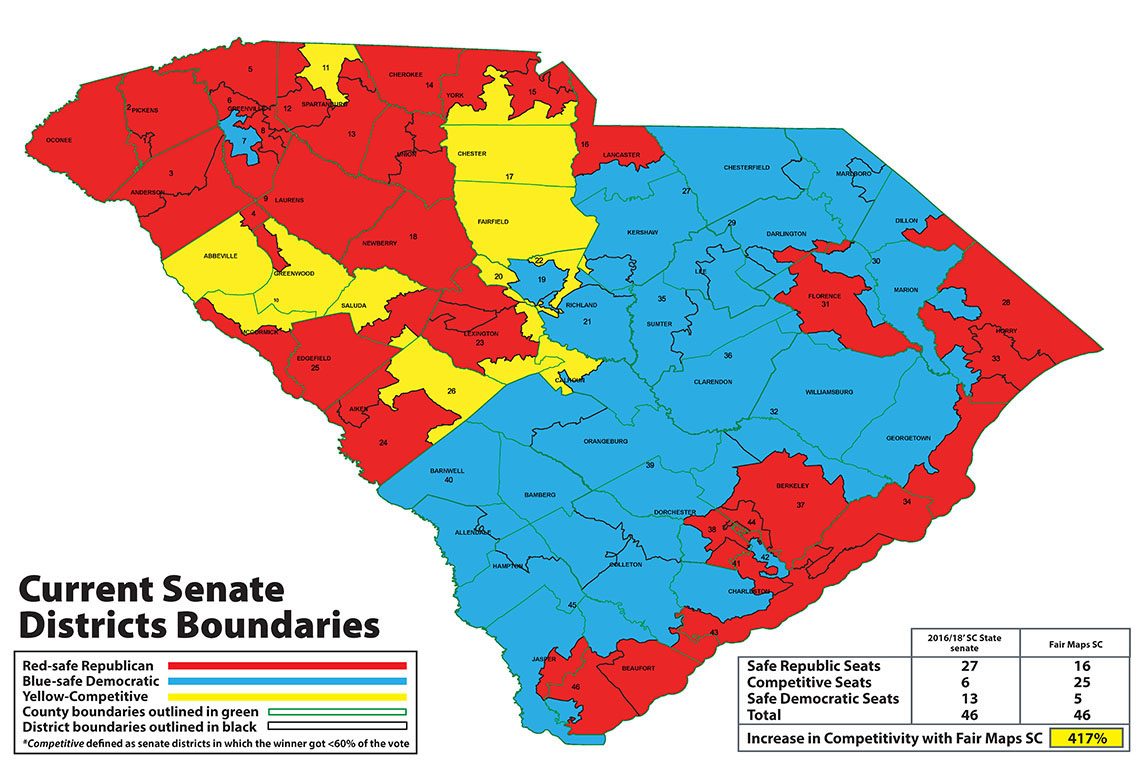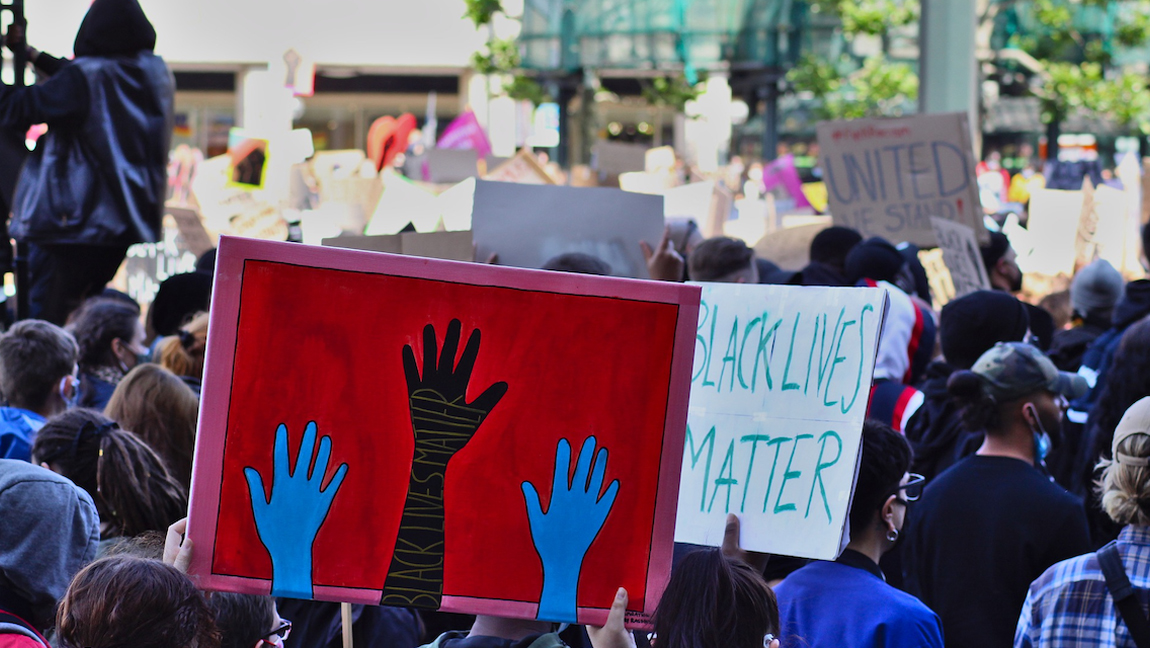Progress, but Challenges Ahead
As we once again celebrate National LGBT Pride month, it is important to recognize the advances toward equality that we have made.
 In United States v. Windsor, the U.S. Supreme Court brought federal tax recognition to legally married gays and lesbians, particularly in states that had legalized same sex-marriage. The Obergefell v. Hodges case brought marriage equality to all states. Both cases are based upon “due process” and “equal protection” which is guaranteed in the 14th Amendment of the U.S. Constitution.
In United States v. Windsor, the U.S. Supreme Court brought federal tax recognition to legally married gays and lesbians, particularly in states that had legalized same sex-marriage. The Obergefell v. Hodges case brought marriage equality to all states. Both cases are based upon “due process” and “equal protection” which is guaranteed in the 14th Amendment of the U.S. Constitution.
“No state shall make or enforce any law which shall abridge the privileges or immunities of citizens of the United States; nor shall any state deprive any person of life, liberty, or property, without due process of law; nor deny to any person within its jurisdiction the equal protection of the laws.”
The Cakeshop Case
Looking at the most recent Masterpiece Cakeshop, Ltd. v. Colorado Civil Rights Commission, upon initial inspection it may appear that SCOTUS dodged the overriding issue of whether the religious beliefs of a baker allow him to ignore the rights of his Gay clients. Must he provide Equal Public Accommodations?
The case basically dealt with this:
Whether applying Colorado’s public accommodations law to compel the petitioner to create expression that violates his sincerely held religious beliefs about marriage violates the free speech or free exercise clauses of the First Amendment.
In Justice Kennedy’s ruling, he states that “[T]he Colorado Civil Rights Commission…did not [consider the case] with the religious neutrality that the Constitution requires,” and that “the Commission’s actions here violated the Free Exercise Clause.” The government must not show favoritism during the process of adjudicating court challenges.
The Supreme Court, in this case, determined that the processes, under the Colorado Commission, had been religiously biased because of a few comments made by Commissioners. They ruled based on the process, not on the actual Religious Beliefs argument, or the Equal Protection argument of the Gay couple. Justice Ginsburg disagreed with the majority, saying that “The few comments by commissioners in this otherwise very long appeals process did not taint the overall fairness of these trials” [paraphrased].
All is Not Lost
There is another case which has been appealed to the Supreme Court, Arlene’s Flowers v. Ingersoll, which, unlike the Masterpiece case, is hopefully not tainted by improper processes of the lower courts. While this case has not yet been announced to be on the schedule for the Court’s next term, there were clear indications in the justices’ Masterpiece comments that “future cases” would address the bigger issue of Equal Public Accommodations for Gay patrons.
Interestingly, there are Supreme Court precedents that have found in the past that upholding the right to equal public accommodation for the customer does not abridge the religious beliefs of the service provider.
I will go out on a limb and predict that when the next ruling comes, and it may be next June, it will find once and for all that there is, indeed, Equal Protection for Gay customers under the Constitution in bakeries and other businesses that are open to the general public, and it will apply to other service providers, like the physician who recently refused care to an infant because the parents were lesbian. Yes, this has occurred, and does occur, with regularity.
In the meantime, we must all hold our political ground by voting consistently and at every possible opportunity. The single most important aspect to attaining one’s goals is Persistence. Our success in in sight.
In this article, you may read that there are “no laws” prohibiting the refusal of service to LGBT citizens, and this may be true in certain states and municipalities. But, I learned in grade school that the Constitution is the law, and that it is “the Highest law.” Lower laws, [and the absence of them], cannot contradict the Constitution. Equal protection prevails. I am thankful for my excellent teachers.
Looking Ahead
Looking further, but hopefully not so long into the future, will be the issues of housing and employment discrimination. Currently it is perfectly legal in a majority of states to refuse to sell or to rent housing, and to refuse to employ or even to fire LGBT citizens, for no other reason than because they happen to be LGBT, or perceived as LGBT, even if they may not be. These cases will surely come.
June traditionally is celebrated as National LGBT Pride Month because this is the month in which the Stonewall Riots took place. It is also the month in which both the Windsor and the Obergefell cases were adjudicated; however, Pride celebrations take place all year round in various states and in other countries.
It is important for us all to see the bigger picture and beyond this one particular demographic of the population, because when we start to make exceptions to the Constitution, refusing to convey the full guarantee of the Constitution to one group of citizens because ‘we don’t like them’ opens the door to doing the same to the next group, and so on. It diminishes the legitimacy of the Constitution. It is for this reason that I am optimistic about the potential outcome of the Arlene’s Flowers v. Ingersoll ruling.
Democrats Oppose LGBT Discrimination
Also noteworthy is the April 21st, 2018 formal EQUALITY FOR ALL Resolution of the South Carolina Democratic Party affirming Party rejection of LGBT discrimination. When the vote came before the State Convention of the 700+ delegates, I was delighted to see that the vote was virtually unanimous in favor of its passage. The Democratic Party genuinely does support LGBT equality in all its forms. The Resolution reads as follows:
WHEREAS, lesbian, gay, bisexual, queer, and transgender people are at heightened risk of discrimination, and
WHEREAS, increased hatred and vitriol have generated increased fear in the LGBTQ community,
THEREFORE, BE IT RESOLVED, the South Carolina Democratic Party support that wording be added to all state public policy anti-discrimination statements that include “sexual orientation and gender identity/expression” along with race, gender, national origin, religion and veteran status, and
THEREFORE, BE IT FURTHER RESOLVED, that the South Carolina Democratic Party affirm its commitment to the LGBTQ legal protections with respect to housing, employment, public accommodations and healthcare.
I have hope and faith in our government. I have hope and faith in our country. And I have Pride in the Democratic Party.
Contributed by Stefan Varner, Chair, Democratic LGBT Committee, and Credentialing & Rules






